NAD+ 500mg
£44.95
3 vials: 3% Discount
5 vials: 5% Discount
10 vials: 7% Discount
11+ vials: Please contact us
In stock
In stock
NAD+ is the oxidised form of Nicotinamide adenine dinucleotide and is found in all living cells. It plays several essential roles in metabolism. Dosed at 500 mg for research purposes.
Do you need Bacteriostatic Water with your order – Click here to add.
Fast Shipping
Most orders are shipped out within 1-2 working days.
Secure Payment
We guarantee that the payments are 100% secure.
Research Use Only
Our peptides are intended for research use only.
Description
NAD+ (Nicotinamide Adenine Dinucleotide)
NAD+ is a ubiquitous redox coenzyme used in metabolism research, including studies of dehydrogenase activity, oxidative phosphorylation, and sirtuin-dependent signalling in vitro. This research-grade material enables laboratories to explore electron-transfer reactions and cofactor-dependent pathways under controlled, non-clinical conditions.
For laboratory research only. Not for human use.
Key features
- Oxidised form suitable for in-vitro biochemical and cell-based assays.
- Supplied as a lyophilised solid for stability and straightforward storage.
- Unit size: see product options (varies by listing).
- Every batch released only after stringent quality checks.
NAD+ Specifications
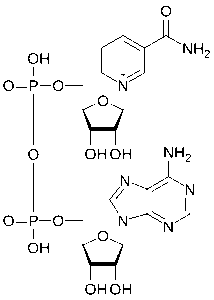
- Product name: NAD+ (Nicotinamide Adenine Dinucleotide, oxidised)
- Synonyms: Coenzyme I; DPN+; Diphosphopyridine Nucleotide (oxidised)
- Molecular formula (free acid, reference): C21H27N7O14P2
- Molecular weight (free acid, reference): ~663.4 g/mol
- CAS (reference): 53-84-9
- Form: Lyophilised powder
- Appearance: White to off-white solid
- Note: Exact values may vary by salt/hydration state (e.g., disodium salt, hydrates).
Handling & storage
- Storage (dry): Keep vials protected from light and moisture. For longer-term storage.
- Reconstitution: Allow vial and diluent to reach room temperature. Reconstitute with
Bacteriostatic Water 10 ml. Swirl gently—do not vortex. - After reconstitution: Store at 2–8 °C. To minimise freeze–thaw, aliquot according to your protocol and protect from light.
- Compatibility: Use only within research protocols that follow your lab’s SOPs and local regulations.
Looking for complementary materials? See
Bacteriostatic Water 10 ml and mitochondrial research peptides such as
MOTS-c 10 mg and
SS-31 10 mg.
About NAD+ in research
NAD+ cycles between oxidised (NAD+) and reduced (NADH) states, transferring electrons in central metabolism and respiratory pathways. Researchers use it to probe cofactor requirements of dehydrogenases, assess redox balance in cell systems, and examine NAD+-dependent enzyme families (e.g., sirtuins and ADP-ribosylation processes) under well-defined conditions.
NAD+ Synthesis & quality
Manufactured via controlled, validated processes to deliver high purity and lot-to-lot consistency. Each batch undergoes identity, purity, and appearance checks before release.
Legal & safety
XL Peptides supplies materials strictly for laboratory research. Products are not medications, foods, supplements, or cosmetics; not for human or veterinary use. By purchasing, you confirm you are a qualified researcher and will handle the material in line with your institution’s policies and applicable laws.
FAQs
What is NAD+?
Nicotinamide adenine dinucleotide in its oxidised state. It functions as a redox coenzyme in biochemical pathways and is used for controlled laboratory studies.
How should I store it?
After reconstitution, keep at 2–8 °C and use aliquots to minimise freeze–thaw cycles.
What diluent should I use?
Many labs use
Bacteriostatic Water 10 ml. Always follow your lab’s SOPs.
Do you provide documentation?
Yes. Batch documentation (e.g., Test Result) is available on request; if it’s not attached below, contact support and we’ll add it to your order.
Is this product for human use?
No. This material is for research only and is not intended for human consumption or clinical applications.
External resources for researchers
Related research peptides
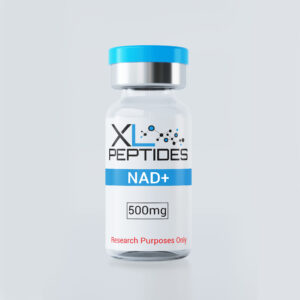
Additional information
| Weight | 0.11 kg |
|---|---|
| Dimensions | 4.5 × 2.3 cm |
XL Peptides works with various third-party laboratories to provide testing reports for all its manufactured products.
Date | Batch No | Issuing Lab | Lab Report | View QR |
09-May-25 | 007002 |
To find out more about our testing policy, please visit our Testing page.

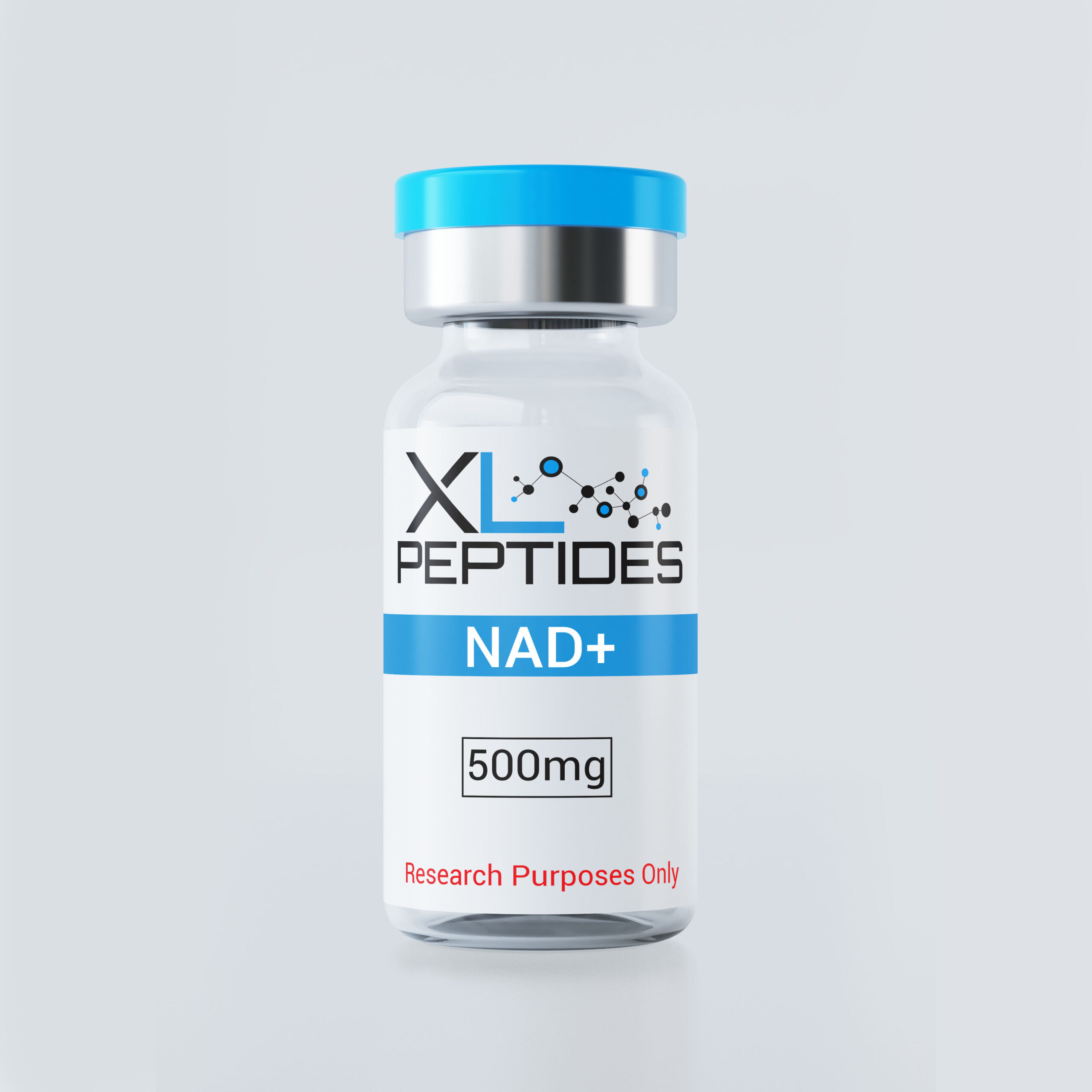
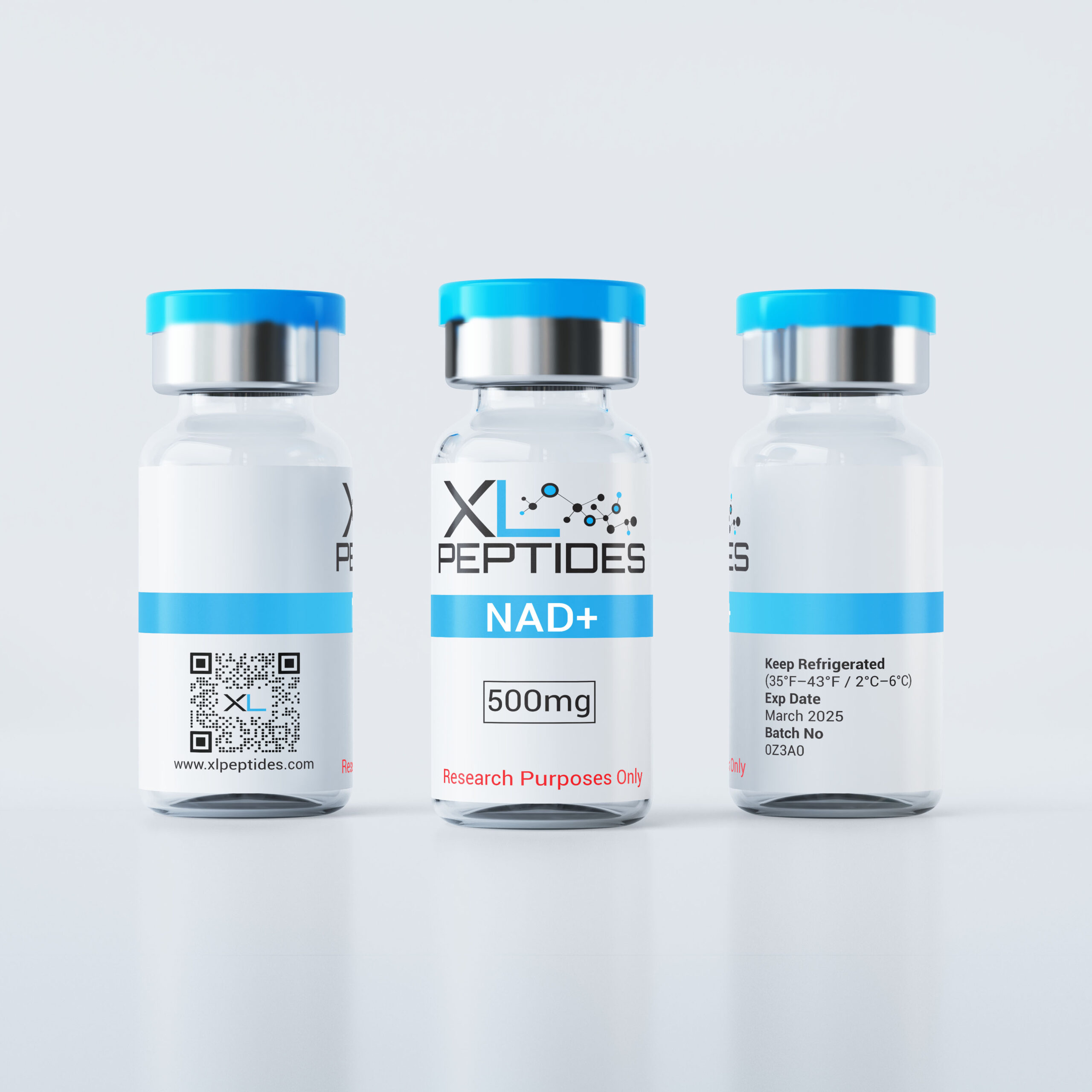
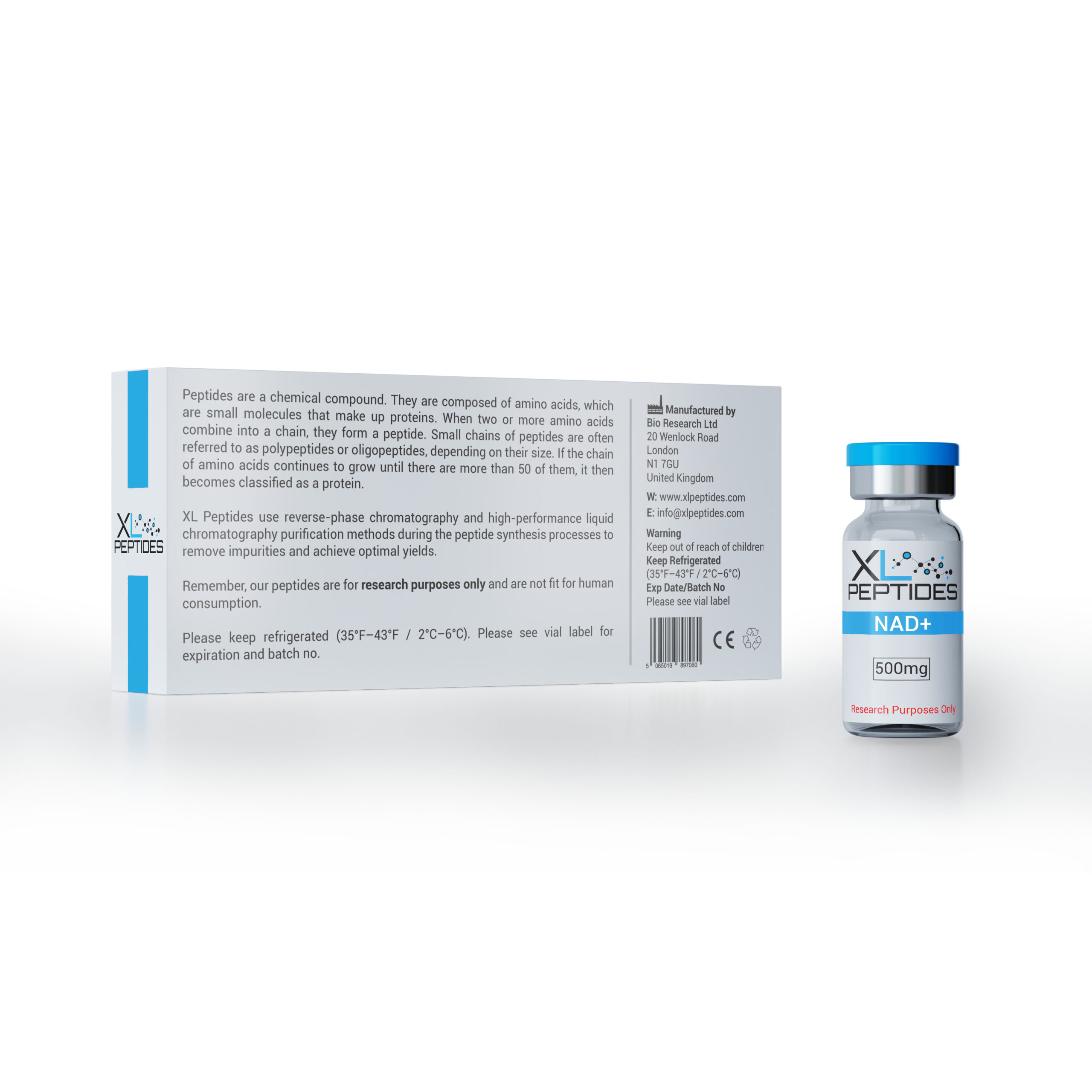
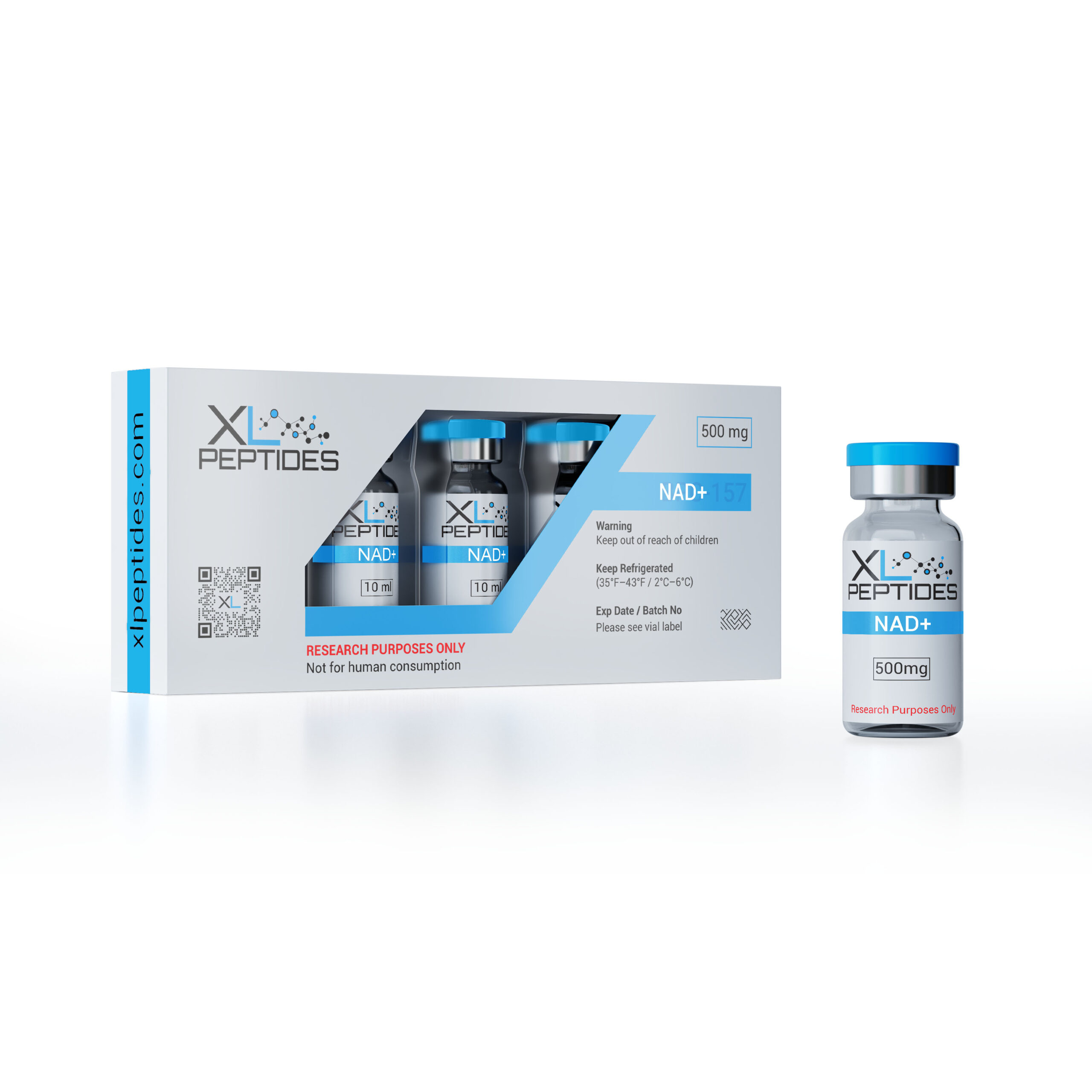
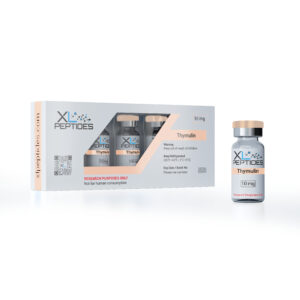
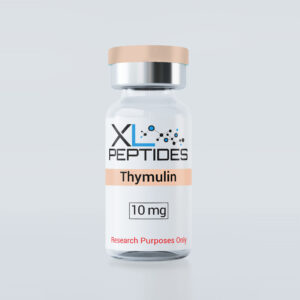
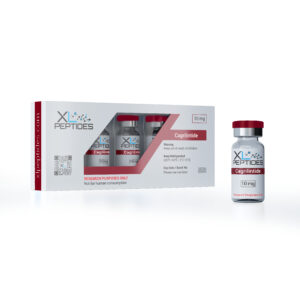
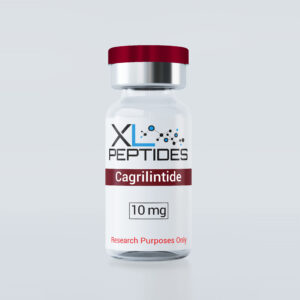
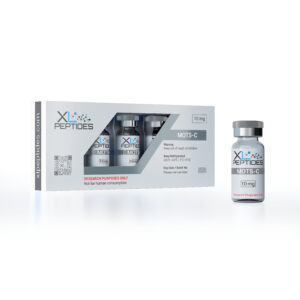
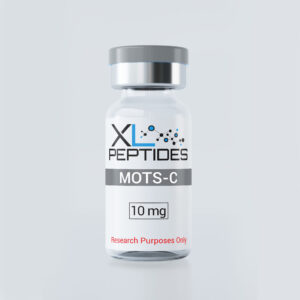
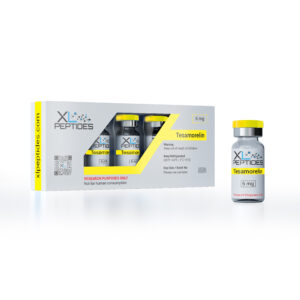
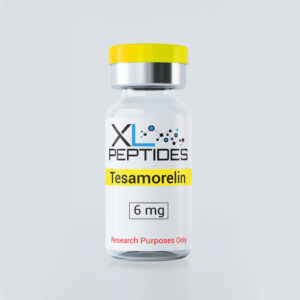
Reviews
There are no reviews yet.